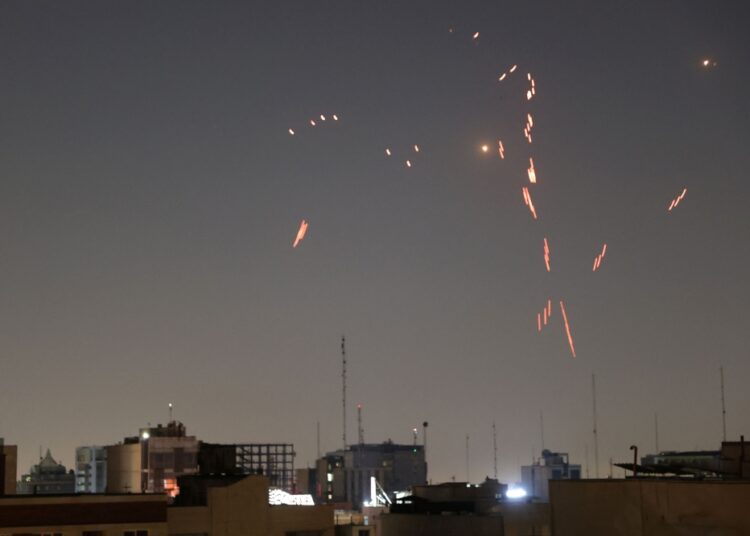The escalating conflict between Israel and Iran is raising concerns among economic stakeholders that Nigeria could experience a decline in foreign direct investment (FDI) and portfolio inflows.
According to the Nigerian Exchange’s Domestic & Foreign Portfolio Participation in Equity Trading report, foreign transactions dropped sharply by 90.99%, from ₦699.89 billion in March 2025 to ₦63.07 billion in April.
A recent report by SBM Intelligence, titled The Escalating Iran-Israel Conflict and its Implications for West Africa, warns that the growing military tension between the two Middle Eastern nations is not only threatening global security but also destabilizing the international economy.
“For West Africa, this presents a double-edged sword: short-term economic gains amid long-term political and security risks,” the report said.
Nigeria, which pegged its 2025 budget on an oil benchmark of $73 per barrel, may temporarily benefit from higher oil prices. However, the report cautioned that this volatile windfall may be offset by a broader decline in investor confidence and increased risks to regional currencies.
“Geopolitical instability erodes investor confidence, prompting a shift to safer assets,” the report stated. “For countries like Nigeria and Ghana, this could lead to a steep decline in FDI and portfolio inflows, slowing down projects, reducing job creation, and increasing sovereign borrowing costs.”
The report also warned that the conflict might fragment West Africa into rival geopolitical blocs, undermining regional unity and coordination. “This division would heighten each country’s vulnerability to the broader economic and security fallout of the conflict,” it added.
Dr. Muda Yusuf, director/CEO of the Centre for the Promotion of Private Enterprise (CPPE), echoed these concerns, noting that global uncertainty caused by such conflicts tends to dampen investor sentiment.
“When uncertainty rises, investors become more cautious, leading to reduced investment in both equities and new business ventures,” Yusuf said.
He further explained that rising energy prices—often a result of geopolitical tensions—can fuel inflation. In response, central banks may raise interest rates, particularly in countries that traditionally channel investments into Nigeria.
“Higher interest rates in major economies could prompt investors to withdraw funds or delay new investments, which would negatively impact Nigeria’s capital inflow,” he said.
Yusuf concluded that the ongoing global conflicts are not only inflating energy costs but also driving caution in global investment decisions, with significant implications for emerging economies like Nigeria.
We’ve got the edge. Get real-time reports, breaking scoops, and exclusive angles delivered straight to your phone. Don’t settle for stale news. Join LEADERSHIP NEWS on WhatsApp for 24/7 updates →
Join Our WhatsApp Channel










